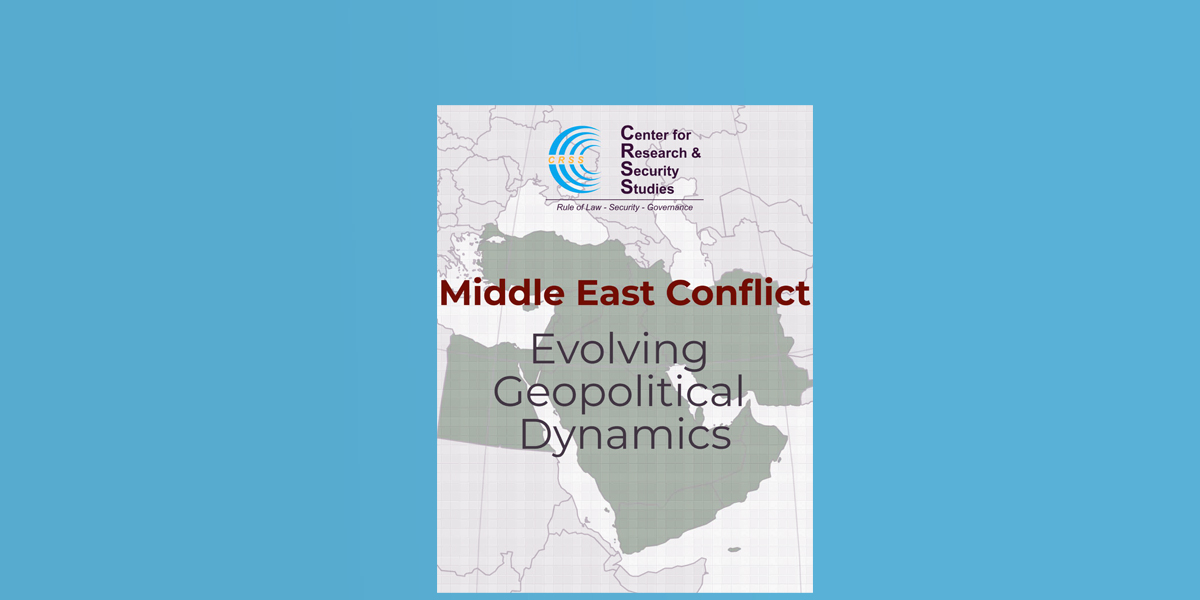Background
The Israel-Hamas conflict not only imposes greater adversity on Palestinians but also casts ominous shadows and carries far-reaching implications for the entire region and beyond, both in the present and the future. According to the World Bank’s recent Commodity Markets Outlook report, continued escalation in hostilities, depending on the duration and scale, could lead to unprecedented challenges in the world’s commodity markets, potentially causing a global oil crisis.
While the West consistently offers unwavering support to Israel, providing both financial and military aid, it vehemently opposes Russia for alleged indiscriminate civilian killings in Ukraine. A similarly striking paradox emerges as the Western world refrains from expressing significant opposition to India’s annexation of Kashmir.
As the world witnesses the duplicity and partiality of the key decision-makers in such conflicts, the underlying and anticipated geopolitical landscape is characterized by contradictions that not only affect the immediate affectees in the conflicts but also reverberate globally, further complicating the fiscal and political quagmire.
This becomes relevant and viable in the context of the Israel-Hamas conflict too. Hence, its visibly horrendous damages and the projected aftermath call for an impartial and intersectional discourse centered on exploring pragmatic and sustainable solutions to peace.
Download PDF

